Care, prevention and rights – these are the principles at the root of the EU-supported CPR project, which has been focused for three years now on improving the well-being of people with substance use problems and overcoming the challenges they face. Together with the Civil Society Foundation, six partner organizations have set a goal to achieve systemic change and improve treatment and care systems, those are: the addiction research center “Alternative Georgia”, the Social Justice Center, the Georgia Family Medicine Association, the Public Union “Bemoni”, the Union “Step to Future” (Gori) and the Association of Psychologists and Doctors “Xenon” (Zugdidi).
The CPR project is essentially a continuation of the work that the Foundation has been carrying out over the past three decades to decrease the use of psychoactive substances. The Foundation has also been directly involved in advocacy processes, and with its support, there have been established and operated numerous organizations that are leading ones in the field. The Foundation is a significant contributor to the initiation of the Hepatitis C Program as well as to the results that are observed in our country in terms of harm reduction and substitution therapy.
The three pillars of the CPR project – care, prevention and rights – form the framework through which we sought to respond to one of the most pressing social and healthcare challenges – problems associated with the use of psychoactive substances. For this very reason, the main goal of the project was to involve professionals in the field to collaborate on this topic and create such a model in the country that would:
· Raise awareness of the risks associated with the use of psychoactive substances and avoid cases of addiction and crime;
· Improve treatment and care systems for people dependent on the use of psychoactive substances;
· Promote rights-based drug policy implementation, and popularize human rights and fundamental freedoms.
In order to achieve these goals, a number of significant initiatives have been carried out within the framework of the project, the outcomes of which we summarize today. Care-wise, the project has been focused at the implementation of specific treatment and rehabilitation services and the development of high-quality care services, as well as the strengthening of the primary healthcare system – so that family doctors also can get involved in the screening system in a timely manner and properly help those who need it.
Prevention-wise, within the project, there have been developed up-to-date, evidence-based information materials/resources that will equip all interested parties with practical knowledge. Moreover, many people will have access to the information about the
problems associated with psychoactive substances in a form they can easily understand. Particular attention has been paid to the safety and prevention of the use of psychoactive substances in schools. As part of the project, guides, educational programs, and trainings had been developed for both schoolchildren and their parents, teachers, and school resource-officers – and these information materials have already been piloted in 14 schools. The Civil Society Foundation has awarded 12 grants and conducted trainings for about 100 organizations with participants engaged in the field of mental health and human rights.
It should be highlighted that in order to raise awareness of the problems associated with the use of psychoactive substances and to prevent dependence on them, a special website, www.cpr.ge, has been created. The information collected here is valuable and easily accessible to the public at large as well as specialists in the field.
The hardest aspect turned out to be the work to implement a human rights-based drug policy. The closure of cooperation channels with the government structures and the narrowing of civic space, have hindered the implementation of a number of activities slated within the project. In spite of this, the partners still managed to develop valuable documents, conduct research, and initiate legal cases in defense of human rights.
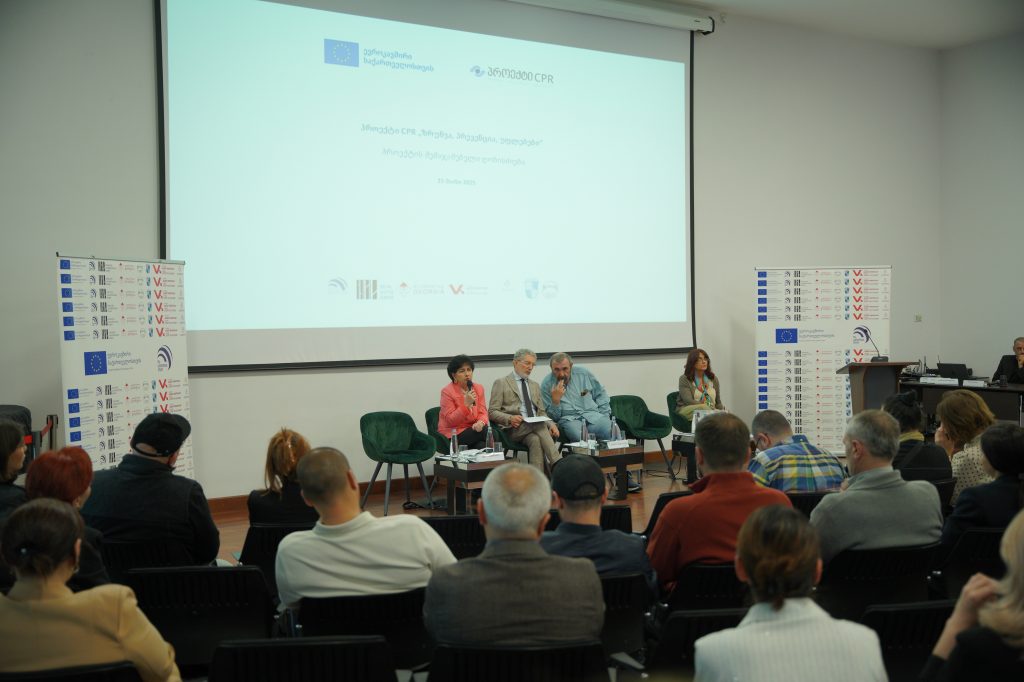
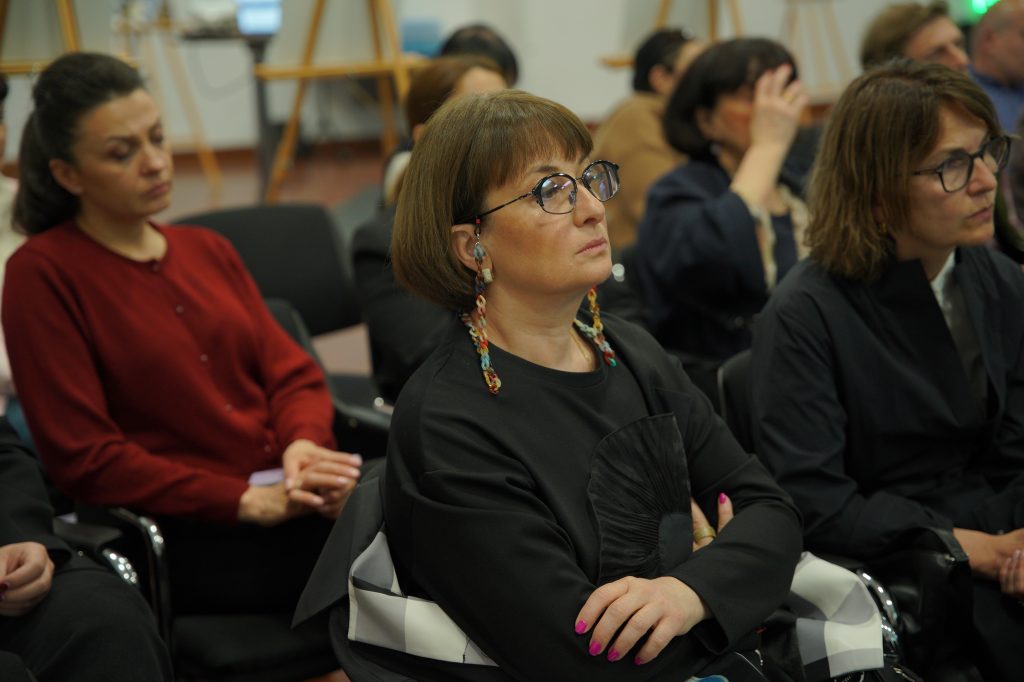
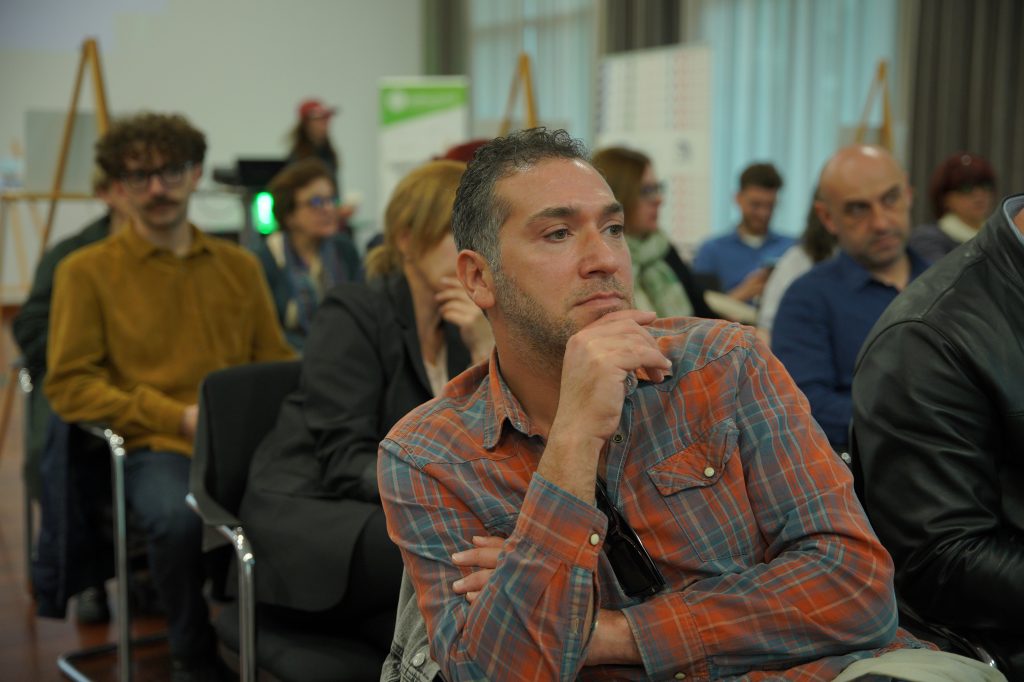
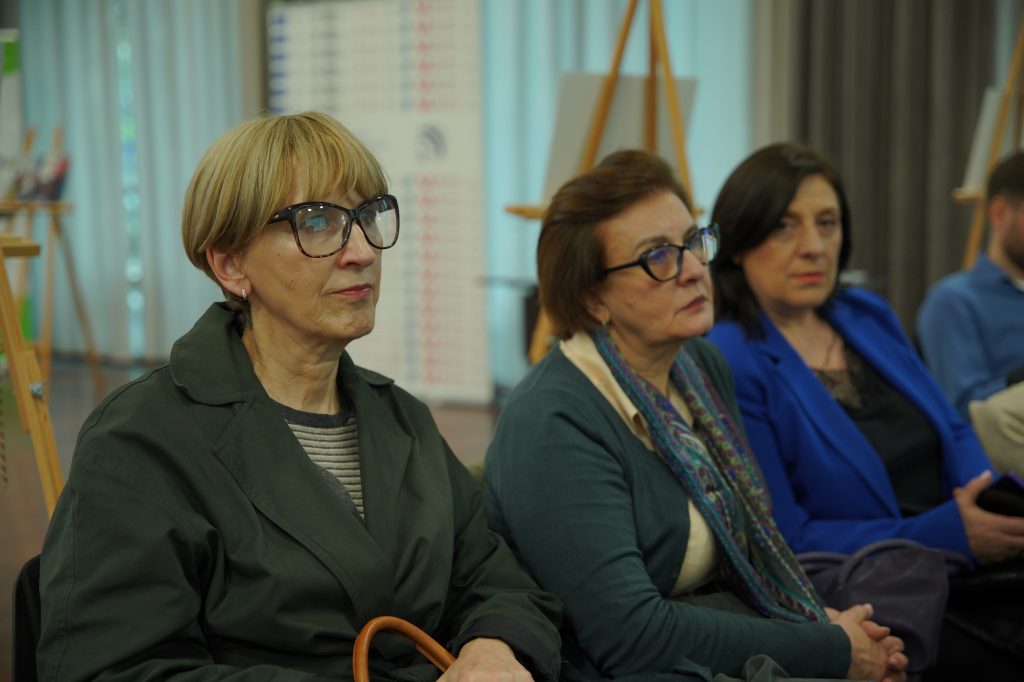
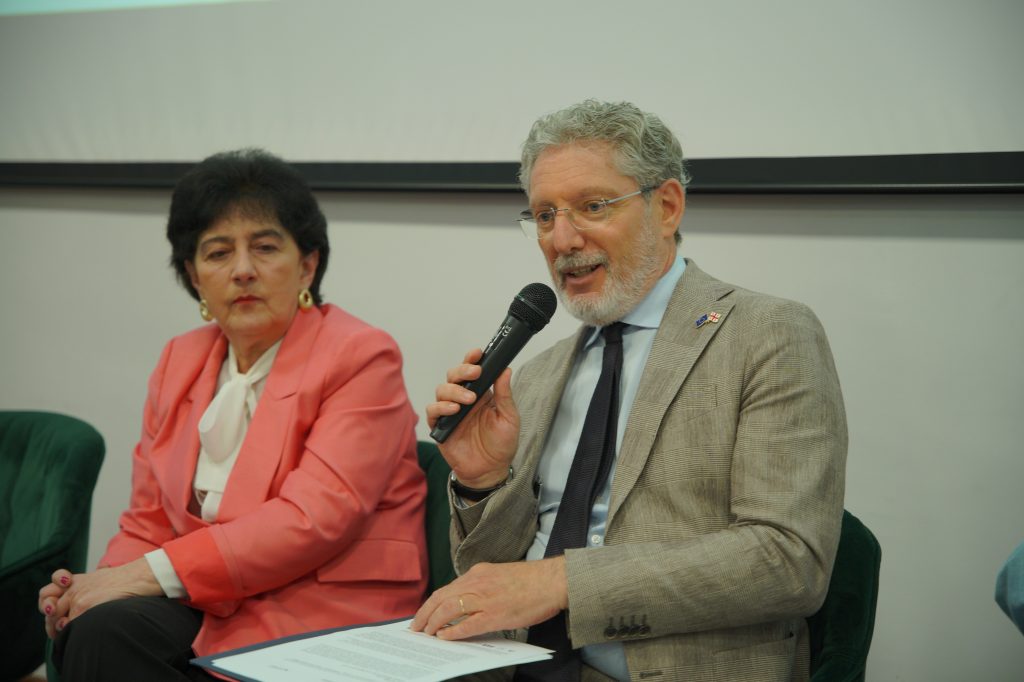
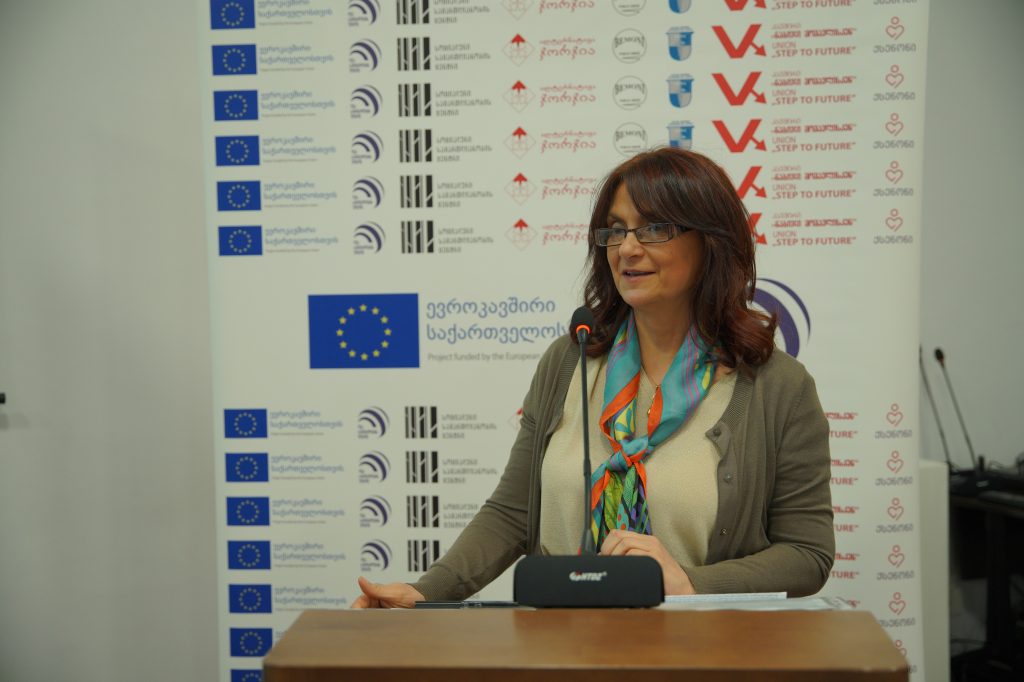
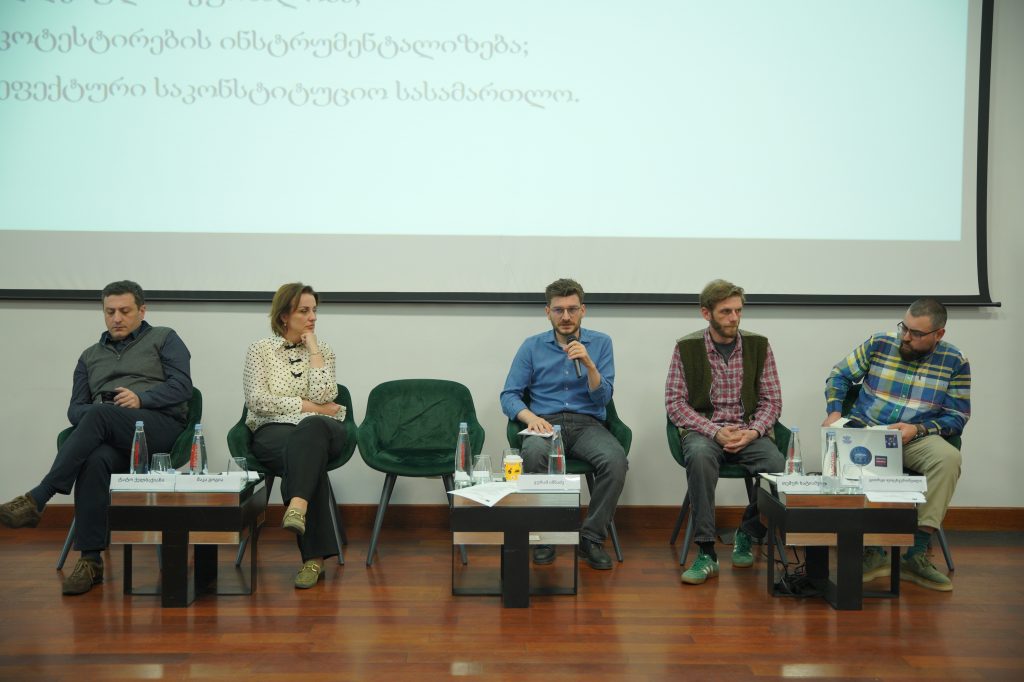
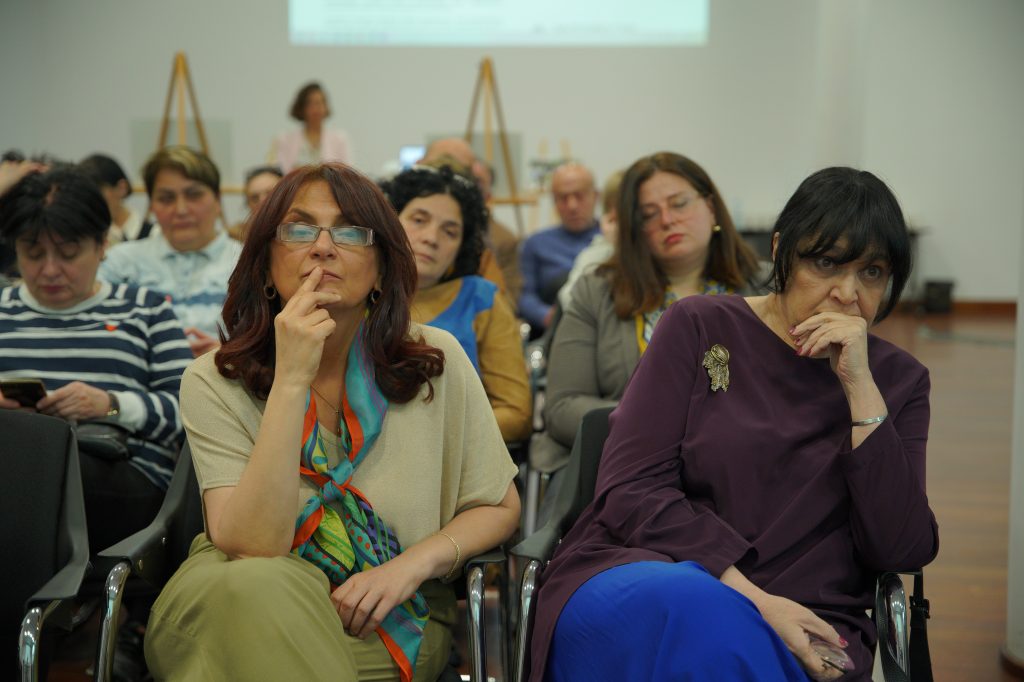
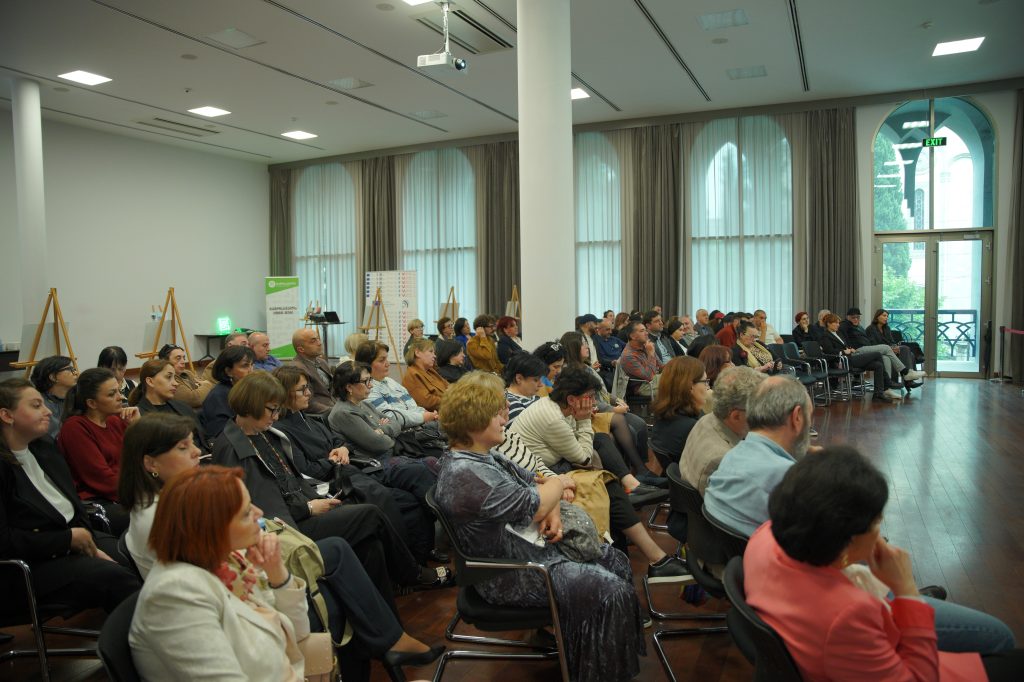
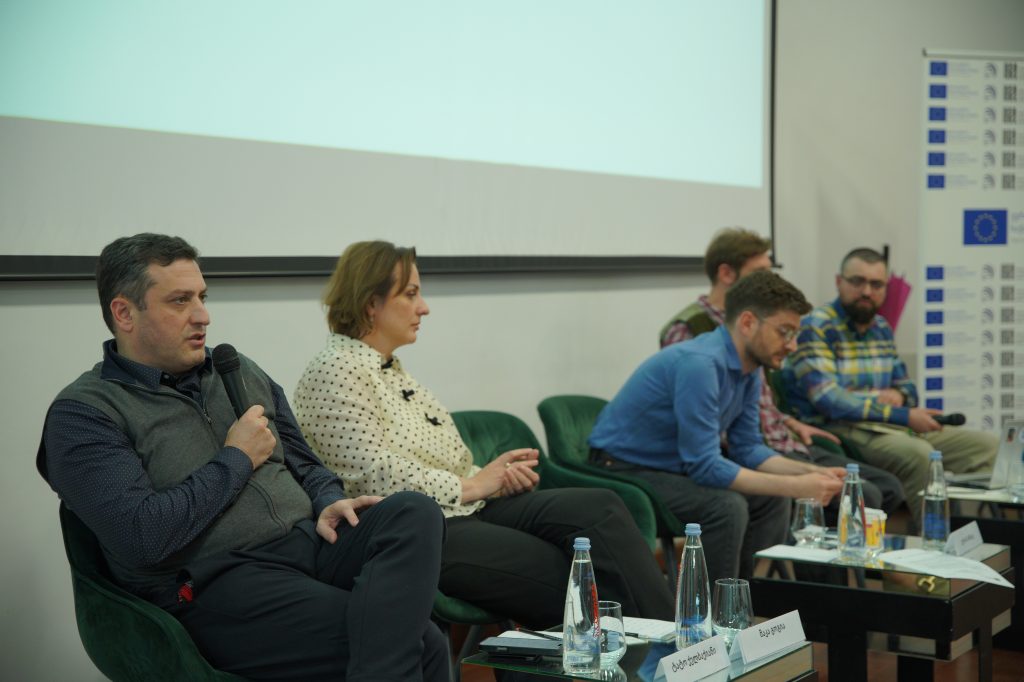
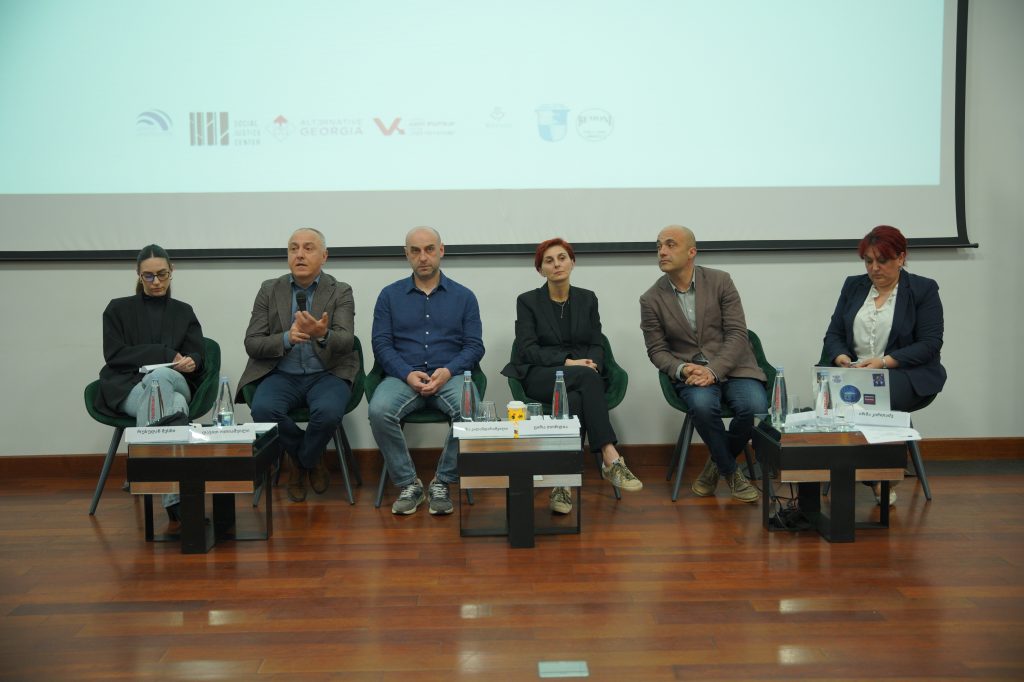
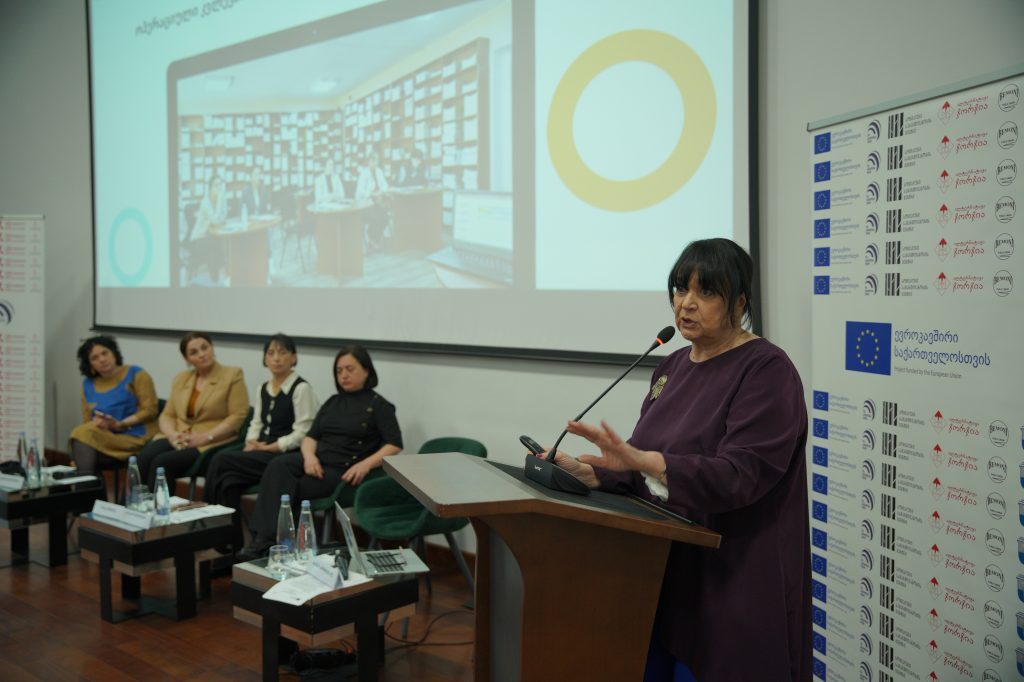
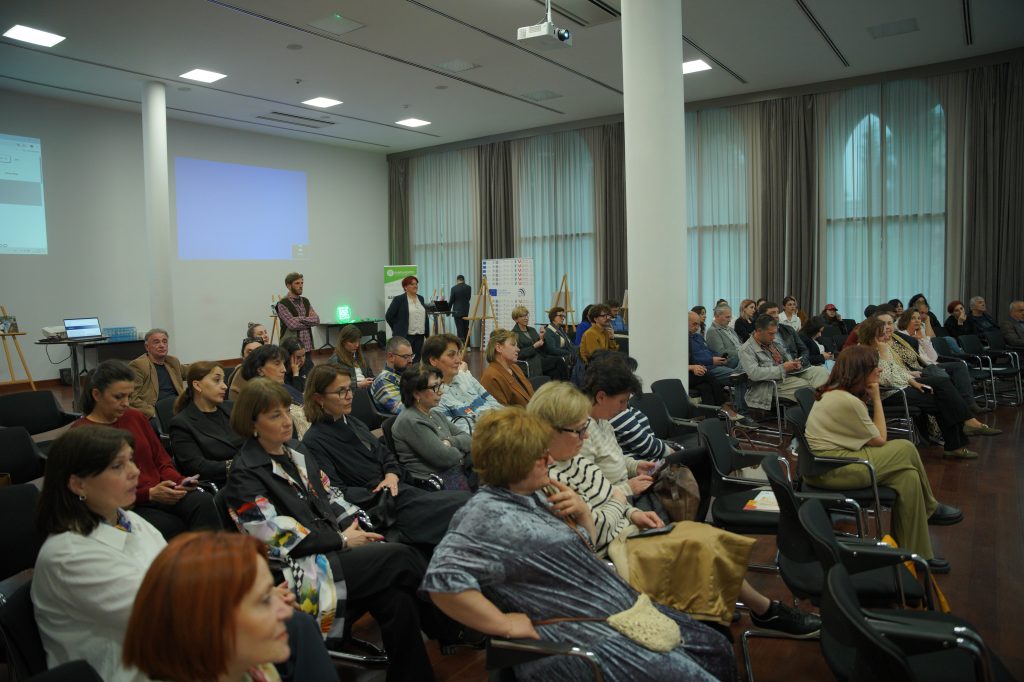

By continuing to use the site, you agree to the use of cookies. For more information, see Privacy Policy.